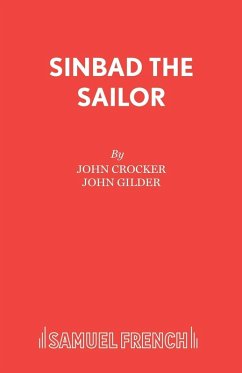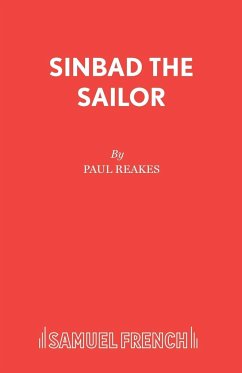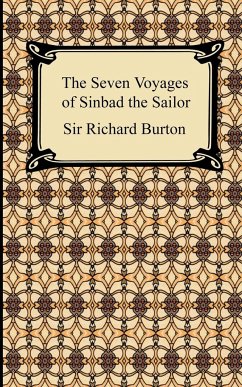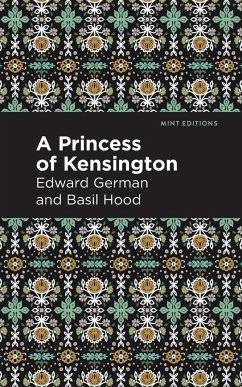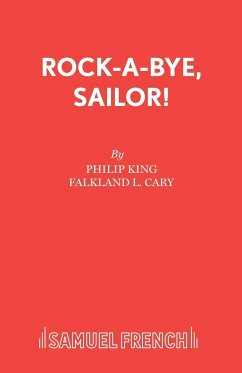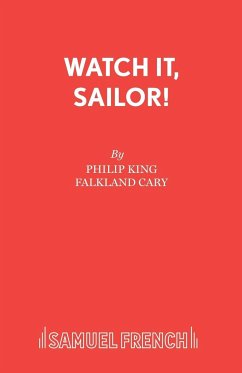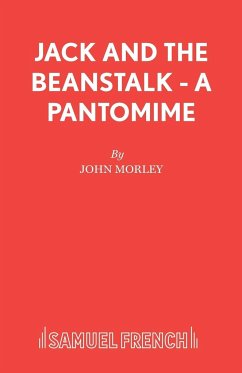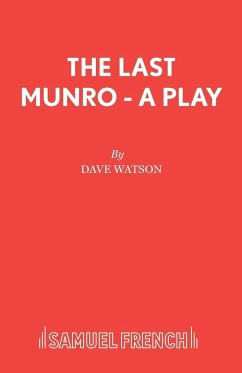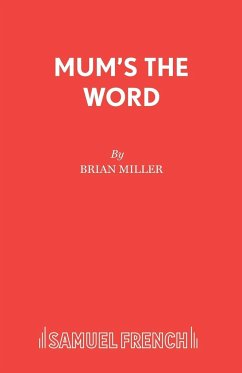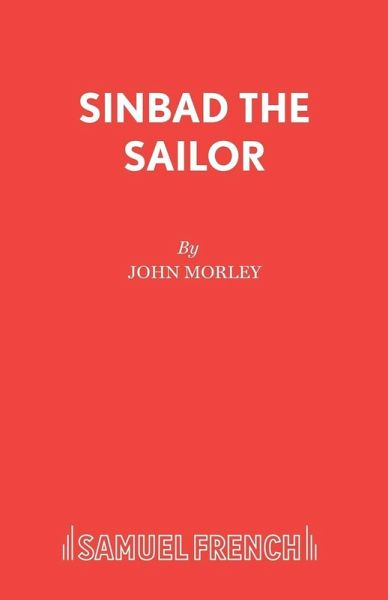
Sinbad the Sailor
A Pantomime
Versandkostenfrei!
Versandfertig in 1-2 Wochen
17,99 €
inkl. MwSt.

PAYBACK Punkte
9 °P sammeln!
In this colorful and exciting pantomime, Sinbad sets sail for the island of Nirvana in search of the Princess Pearl who was stolen on her wedding day by a wicked Sorcerer. He meets his love and has to overcome evil magic, the cruelty of the Old Man of the Sea and the threat of man eating plants before his quest is over. His crew assist him while providing comic relief. This lively tale can be set lavishly or simply; the script includes detailed production notes on settings, costumes and choice of music.Large flexible cast



